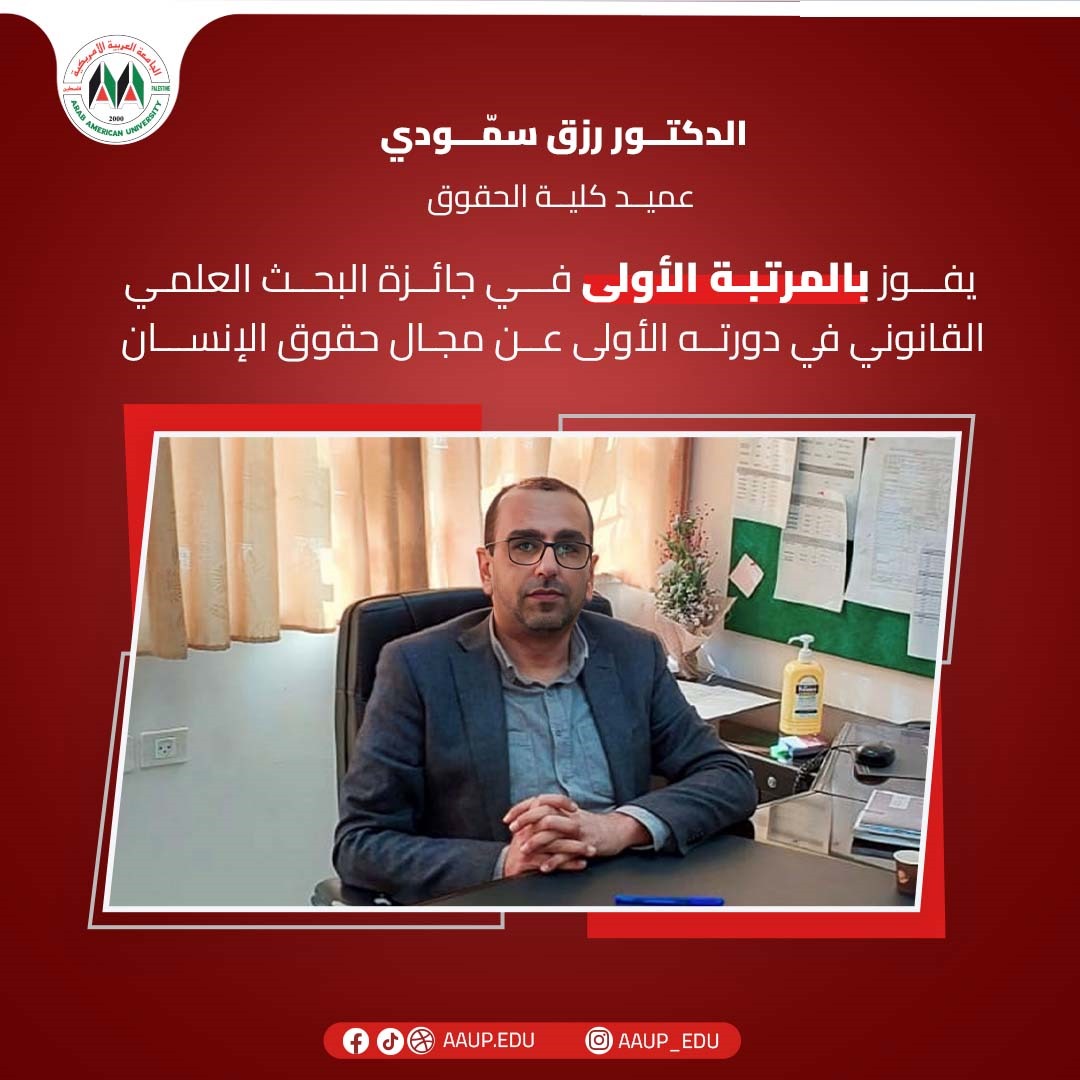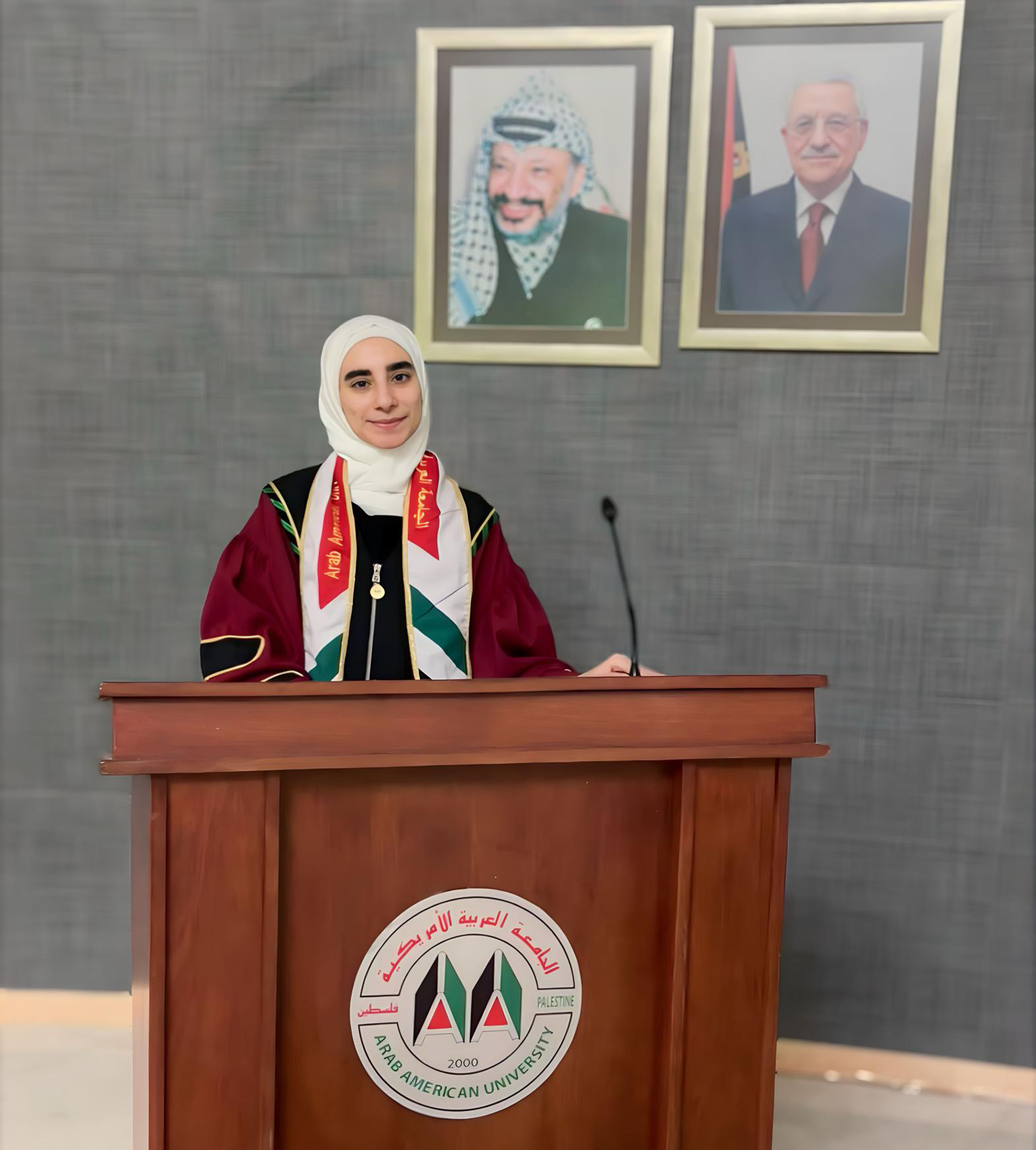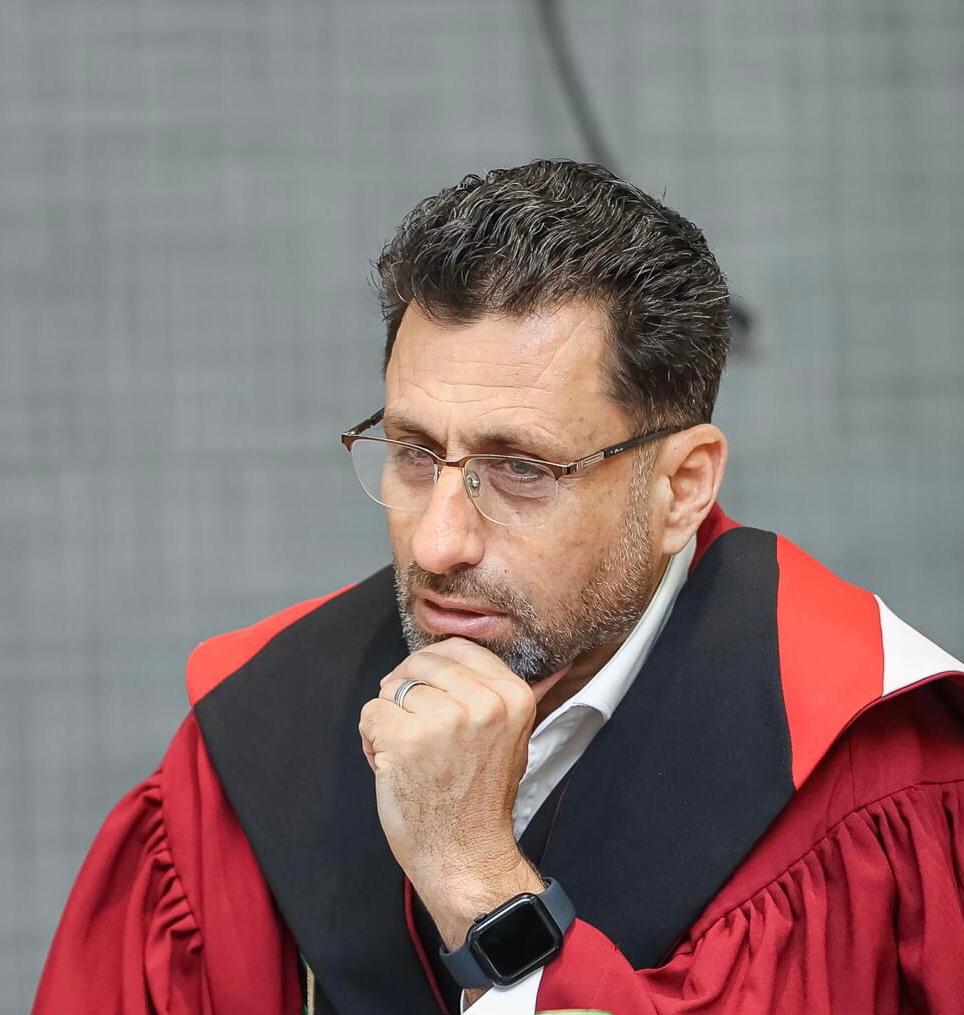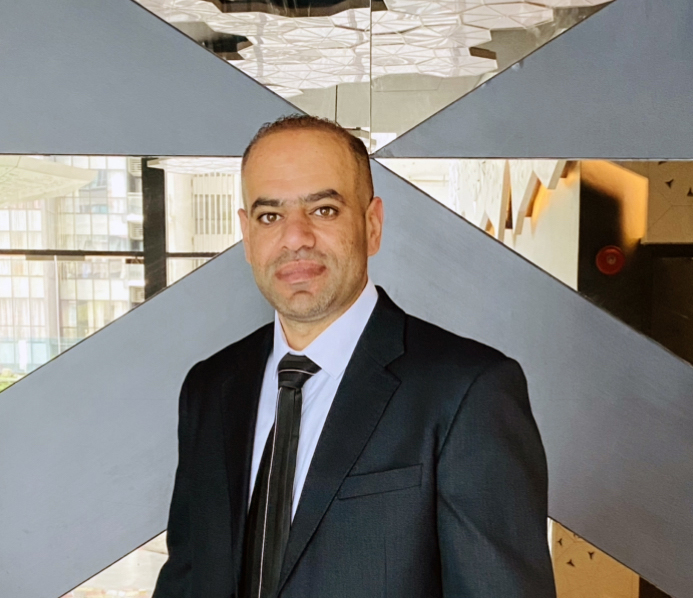A joint study conducted by scientists from the Faculty of Medicine at the Arab American University (Jenin, Palestine), the Faculty of Medicine at the University of Exeter, UK, and Children's National Hospital (Columbus, USA) discovered that mutations in a gene that is responsible for a range of processes which are Vital for the formation of neurons and their access to the correct place in the embryonic stages cause a well-defined developmental disorder that include a distinctive appearance of the face, a small size of the head, a change in the surface of the brain, also known as lissencephaly, and the occurrence of severe convulsions or what is known as epilepsy.
The scientific work, published in the American Journal of Human Genetics, describes the clinical outcomes of seven patients from five different families, all with mutations in the gene called calmodulin-regulated spectrin-associated protein 1 (CAMSAP1) which causes this rare genetic disease. The genetic alterations in CAMSAP1 lead to abnormalities in neuronal structural proteins, which have an important role in regulating neuronal division and movement during brain development.
The researchers studied a Palestinian family with three children who had the condition using whole-genome sequencing technology to determine the genetic cause. It was found that there was a disease-causing change in the CAMSAP1 gene. Through scientific cooperation with genetic research centers, the researchers identified a wider group of patients with this condition. The patients have mutations in CAMSAP1 gene. The role of this vital gene for brain development was confirmed by studying the neural stem cells of the injured through conducting lengthy scientific experiments on laboratory animals with the aim of confirming the results of the study.
The researchers concluded that brain cells neither split nor develop normally if there are mutations in the CAMPSAP1 gene.
Dr. Reham Khalaf Nazal, a researcher in genetic and hereditary diseases at the Faculty of Medicine at the Arab American University, and the main researcher in this scientific publication, said, “Identifying the CAMPSAP1 gene as the cause of this brain disorder will help doctors to discover similar cases that carry mutations in this gene. It will also help doctors conduct examinations for carriers of these mutations, with the aim of reducing the recurrence of these cases, if possible, which has a positive influence on the health of the family and society”.
For his part, Professor Peter Turnpenny, Consultant Clinical Genetics and Professor Emeritus at the Faculty of Medicine at the University of Exeter, confirmed that this discovery helps international efforts to discover the genes that cause rare genetic diseases, in addition to the possibility of diagnosis for Palestinian families, which benefits the families of patients and doctors worldwide.
It is noteworthy that the Faculty of Medicine at the Arab American University has developed the medical research project “Stories of Hope, Tales from Palestine”, in cooperation with local and international physicians and scientists, with the aim of identifying the genetic causes of rare diseases in the Palestinian society, using the technique of reading the whole genome sequence and conducting research Laboratory, which helps in diagnosing new, previously unrecognized diseases.
The Faculty of Medicine at the Arab American University is developing an advanced research centre that aims to provide the optimal scientific environment for researchers, professors, and students, and to enable them to carry out molecular and cellular research, which will have direct scientific benefits for the Palestinian health system, patients, and their families.
















Add new comment